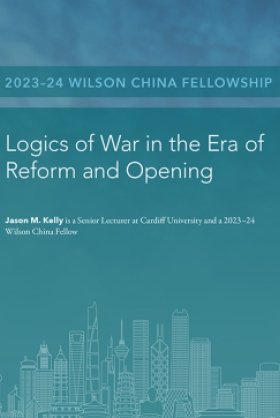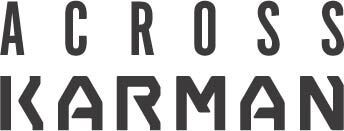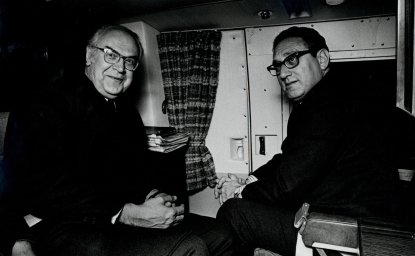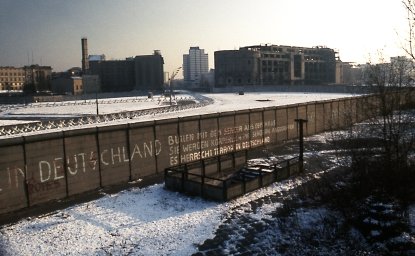Logics of War in the Era of Reform and Opening


One of the earliest major foreign-policy initiatives of Reform and Opening during the late 1970s was China’s brief, bloody war with Vietnam between February and March 1979. China’s invasion of Vietnam demonstrated a willingness among post-Mao leaders to use military force abroad in pursuit of policy aims. But the war itself raises questions about how the Chinese Communist Party (CCP) reconciled the attack on Vietnam with the emerging logic of Reform and Opening, which emphasized peace, stability, and development. This essay draws on declassified documents from China, the United States, and the United Kingdom to investigate the logic deployed by Chinese leaders, especially Deng Xiaoping, to link the 1979 invasion to the context of Reform and Opening. It finds that Deng and others framed the war not as a departure from Reform and Opening, but rather as a military campaign to achieve it. A short war would foster the regional stability China desperately needed to achieve economic development and modernization, which the party viewed as essential to reinforcing its own legitimacy in the post-Mao era. The United States, committed to strengthening US-China relations, did little to disabuse Chinese leaders of this conviction, which only reinforced it. The essay concludes by identifying lessons for policymakers today from this moment in the history of US-China diplomacy.
Author

Senior Lecturer (Associate Professor), Cardiff University

Kissinger Institute on China and the United States
The Kissinger Institute works to ensure that China policy serves American long-term interests and is founded in understanding of historical and cultural factors in bilateral relations and in accurate assessment of the aspirations of China’s government and people. Read more






